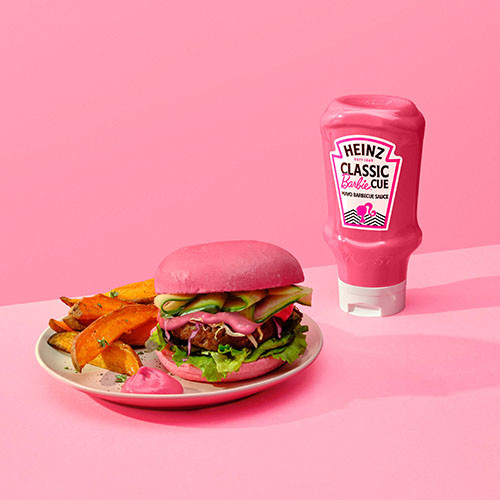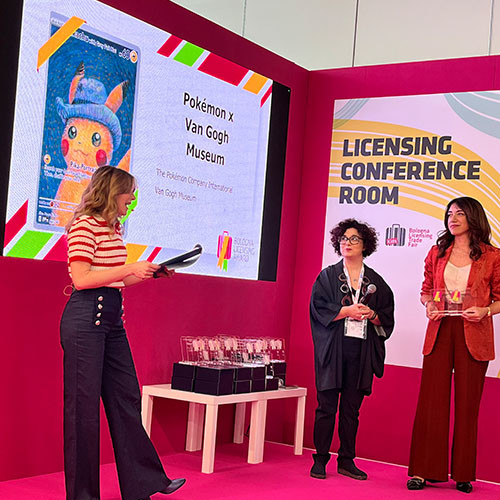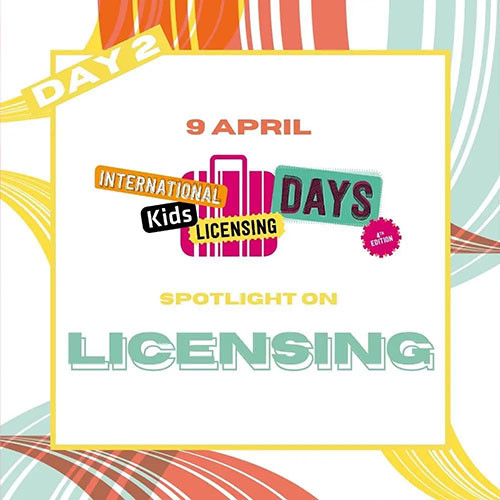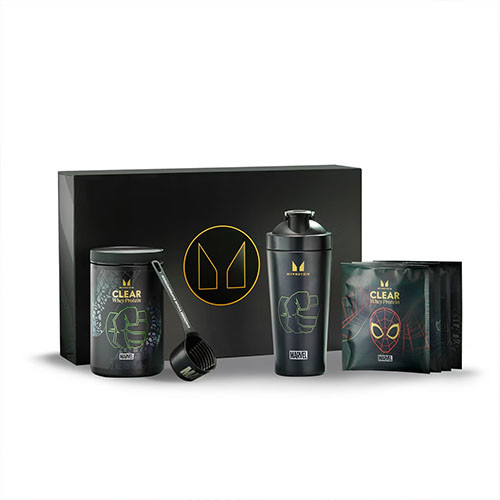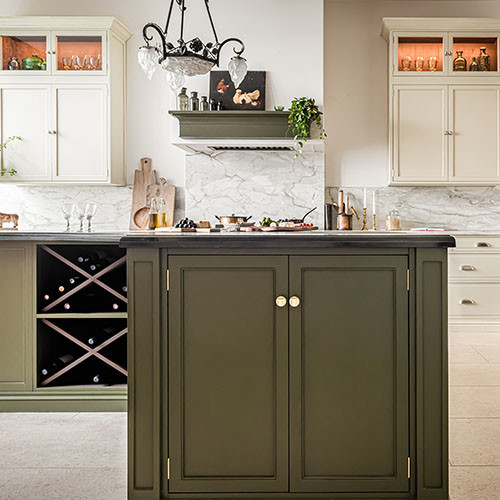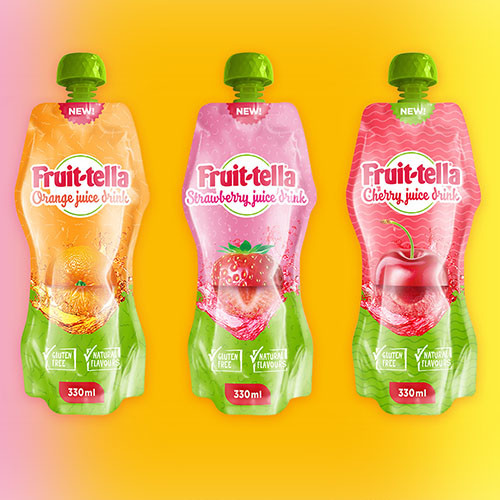We get the industry’s post-Election thoughts, starting with Bulldog Licensing’s Rob Corney.
The surprise result in last week’s election was really the second worst option for UK business, the economy and the people who rely on them.
Although Friday morning led to a round of head scratching and concern as the currency markets tumbled in response to worries about British political instability, there was also a collective sigh of relief from many that the country had run close to potential economic disaster, but had avoided it at the eleventh hour. Although the surge towards political extremism has become almost second nature in politics these days, still the polls did not account for it in the UK election.
Ahead of the election, almost all business groups I know of were deeply concerned about the potential job losses occasioned by Labour’s proposed changes to the corporate tax bases and, with the inevitable consequences of a downward spiral in the economy, the opportunity for the country to support its welfare system looked under genuine threat.
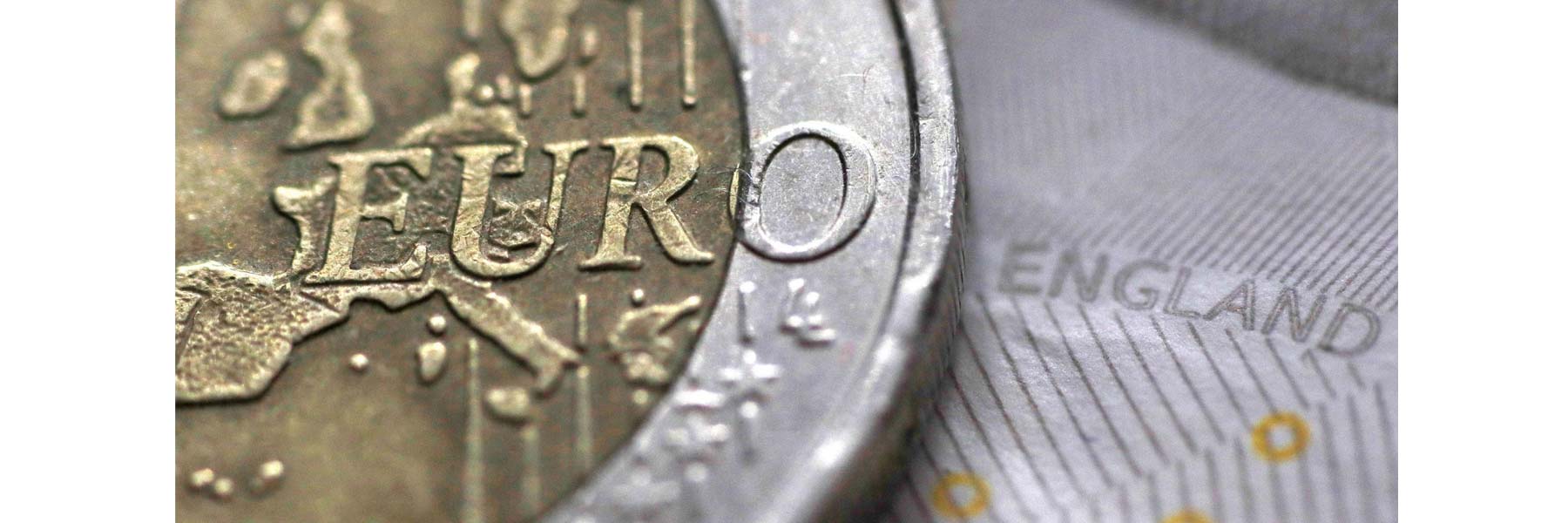
In the run-up to the election, it was telling that former Gordon Brown adviser Digby Jones refused to serve under Corbyn, saying the latter simply didn’t understand business; a Shadow Minister admitted in the Evening Standard debate that there was a £4bn hole in their budgeting (the independent IFS actually put it at £9bn) which they ‘needed to look at’; and McDonnell told the electorate that they would fund their plans, not by borrowing, but through the issuing of government bonds (for the uninitiated, government bonds need repaying, which is borrowing). While the promise of huge giveaways clearly appealed to a sizeable chunk of the electorate, they left a trail of fear amongst people who recognised the necessity for a strong economy in providing the bedrock of a socially responsible nation. Meanwhile, the Conservatives were so out of touch they didn’t seem to bother writing a meaningful manifesto at all – apparently fox hunting is the hot ticket these days… anyone?
And we’re left with the very chaotic coalition that May et al were warning against from the outset, only the players have changed.
A much-weakened Conservative government is likely to lead to greater volatility in the currency markets over the next several months and, as we’ve all seen the squeeze on margins driven by an unwillingness to raise retail prices, this will put far greater pressure on licensees. In reality, we are likely to see tougher trading and higher prices, though those twin terrors are ameliorated slightly by the spectre of what could have been.
In reality there is likely to be another election called within the next 12 months. May will be replaced by someone who is capable of publicly framing an argument and who, hopefully, has more experience of life than wheat-related shenanigans and they will take it back to the polls, confident of delivering a majority. But until such time, we have an uneasy entente between a bruised Tory Party and the hitherto overlooked DUP, a group that very few, if any, in Westminster could ever have hoped to be buddying up to. So we have to consider where that leaves us with the elephant in the room.
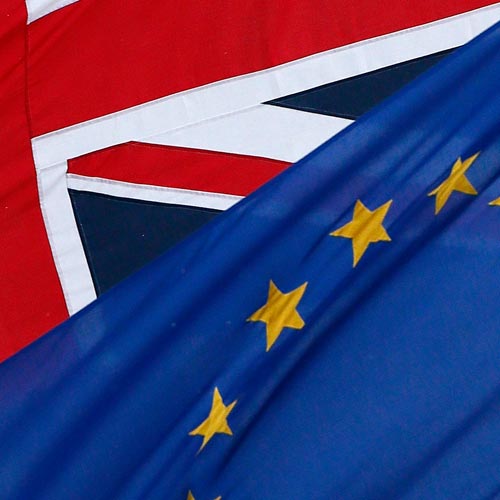
The Conservatives and DUP both support the result of the Referendum and will continue with taking the UK out of Europe (as indeed would Labour have done, had they won the election). There is a suggestion from many that they might want to consider taking a slightly different approach to Brexit, with some suggesting the DUP favour a so-called ‘soft Brexit’, leaving the EU but staying in the Customs Union, with the Conservatives preferring a full exit and renegotiation of access to the European markets. However, while the DUP has stated that they want ‘access’ to the common market, something which the Conservatives also want of course, their route to achieving this seems a little more flexible than simply not leaving it. The DUP’s red line position is a soft border with Northern Ireland and, although there will be a huge amount of horse trading ahead, I imagine that hard Brexit is still very much on the cards.
So what does this mean for business?
We do know for sure that the Conservatives support the so-called ‘hard Brexit’ – the removal of the UK from under the auspices of the Common Market, favouring instead the opportunity to strike an agreement whereby the country might pay for access to the trading bloc under a ‘free trade area agreement’.
The arguments for a hard Brexit are that two of the three richest nations in Europe trade in this way (assessed on GDP per capita) and all four members of the EFTA prosper both within Europe and, importantly, in their international trade. Leaving the Common Market would remove the necessity for manufacturers to be bound by European bureaucracy when trading outside of the EU enabling us to compete on a global scale; would enable us to strike trading agreements as a nation with other nations, not within the EU; would remove the Common External Tariff which artificially inflates items such as energy, raw materials, agricultural feed, etc. when it is bought in from outside the EU; and potentially could remove the right of European licensees to grey ship into the UK without a specific licence for the territory, something which proves so damaging to small, local businesses in our industry.
The argument against a hard Brexit is that the UK already has access to the Common Market and that, although we have a trading deficit with the EU, they are still the largest recipient of our export market so any move that could jeopardise this should be avoided. There is no knowing for sure that the existing members of the EFTA would simply welcome the UK with open arms – we represent nearly 20% of the GDP of the EU – joining the EFTA would very significantly shift the balance of power within that organisation and we could, in theory, be left out in the cold. The intransigence of the EU is clear to all (whether Remainer or Leaver) and there is a sense of not kicking the hornets’ nest for fear of damaging repercussions.
Customs Unionists view the opportunity to stay in the agreement as a chance to make the least worst of Brexit, while those who want to leave it believe that Brexit will deliver opportunities beyond the EU, while retaining our rights to trade within it… only time will tell what is delivered and where those opportunities truly lie.
While the government is clearly left weakened by last Thursday’s result, it does look like there will be a period of settlement before European negotiations start for real and, looking at the agendas of the Conservatives and the DUP, it looks to me like little will change in the UK’s agenda from before the election. However, with a bloody nose and a leader who has proven utterly incapable of commanding the respect of her party or a decent sized chunk of the population, it is likely that the outcome of the negotiations will be significantly less favourable to the UK than they could otherwise have been.
The worst type of politician is one who, in pursuit of power, is knowingly willing to offer the undeliverable; the second worst is one who lacks the presence of mind to beat the former in debate. In the UK’s case, it appears we now have both.
Want to read more news like this? Simply sign up to our daily digest by clicking here. You can also follow @LicensingSource on Twitter.











